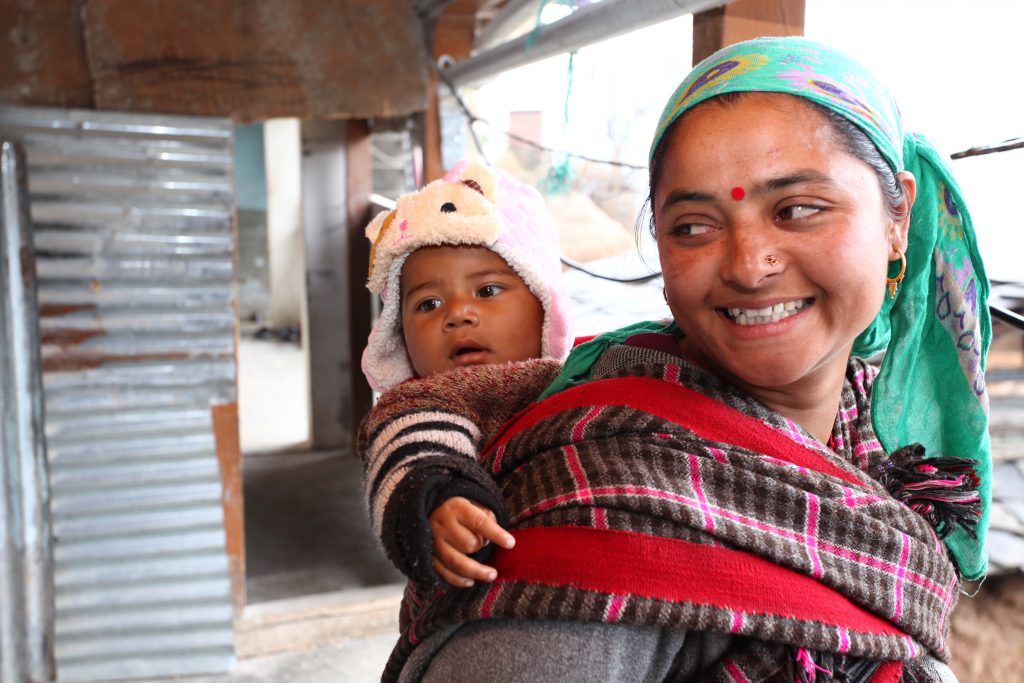When we hear the words ‘women empowerment’, what is the first thing that comes to our mind? It is when we help women in accessing equal opportunities as men. Whether it is education, health, employment, etc., women should have the same facilities available to them. There are many women empowerment ngo working to alleviate the problems of millions of women across the world.
The Unequal Struggle
Women, who make half the population of the world, struggle with inequality in different areas even today. According to a report, women constitute 24% less of the world’s parliamentarians. Only 5% of the mayors are women. This is the state of political representation of women in the world.
Not just that, women are also paid 24% less than men for similar work. There are still 18 countries in the world where men can decide if women should work. Another disturbing fact is that one in three women are likely to face violence during their lifetime.
These facts explain why women empowerment is an important issue to be discussed. Having said that, if we make this only an issue about women then that defeats the purpose. An important factor here is that men need to take equal responsibility for this culture of inequality. Since men, as seen from the facts above, are socially, politically, and economically in a stronger position, their contribution is extremely crucial for empowering women.
Why Women Empowerment Matter
Women empowerment has been recognized as an important tool of sustainable global development. The United Nations Population Fund, time and again, has emphasized the need for equality. In its Millennium Declaration, 2000, it focused on equality for women through various assertions. It stated:
“No individual and no nation must be denied the opportunity to benefit from development. The equal rights and opportunities of women and men must be assured.”
“To ensure that, by the same date, children everywhere, boys and girls alike, will be able to complete a full course of primary schooling and that girls and boys will have equal access to all levels of education.”
“To promote gender equality and the empowerment of women as effective ways to combat poverty, hunger and disease and to stimulate development that is truly sustainable.”
Programs aimed towards empowering women have a long-lasting impact for themselves, their families, and also for the nation at large. According to a statistic, as of 2011, every additional year of basic education increased girls’ future earnings by 10–20%, while every additional year of secondary education raised earnings by 15–25%.
Also, there would be two-thirds fewer adolescent pregnancies and women would have fewer children overall if all females completed secondary education. Women with more education are much more likely to seek out prenatal care and trained delivery attendants, which lowers mother and newborn mortality.
Mothers who have received education are better equipped to protect their young children from common illnesses like pneumonia and malaria, which could potentially save three million lives. For every $1 invested in programmes that help women engage in income-generating activities, $7 is returned. In a nutshell, empowerment of women creates a much larger impact than we can anticipate.
Women in India
Just like the rest of the world, India too has a problem of gender inequality. Women suffer because of discrimination on various fronts. Globally, females have greater survival rates at birth, are more likely to have healthy development, and are just as likely to attend preschool as boys, yet in India more girls die at birth rate than boys. Additionally, girls are more prone to drop out of school early.
Women also have to face discrimination because of social stigma related to menstruation. Therefore, women empowerment is a crucial area to work upon in a country like India. Indian society has seen reformation over the centuries and decades. In fact, some of the early reformers who fought for women were men.
One of the shining examples is Raja Ramnohun Roy who worked tirelessly for the abolition of Sati practice and succeeded. Thus, the importance of women empowerment in India has been a subject of discussion for centuries now. When India became independent, equality for all, irrespective of their gender or sex, became a fundamental right of all citizens.
Today, the country has various schemes that work in this direction. From the ‘Beti Bachao, Beti Padao’ campaign to Ujjawala Yojana, the Indian government has been continuously working towards betterment of women in the society. Many of these schemes also focus on the need for men to come forward and participate in this change. This is again important because making women empowerment a men’s issue can expedite the entire process of change.
NGOs and Women Empowerment
Then, there are non-government organisations too which are working in the same direction. The NGO for women empowerment in India has been doing exceptional work for women economic empowerment, social equality, and much more. One of the examples is the ‘Swabhiman’ program by Smile Foundation. The programmme works for women empowerment and was launched in the year 2005.
Since then, the goal has been to empower women through creative community initiatives, support them in their education and livelihoods, help them develop life skills, give them the confidence to seek medical attention and bring about lasting changes in the neighbourhood, and involve both men and boys in the effort to create a society where gender roles are equal.
In conclusion, we can understand why women empowerment is so important for the world. If half of the population is kept away from opportunities, it limits the growth that we can achieve. Imagine the overall positive impact if women were given equal opportunities as men.
Everyone would benefit from it and today we need a more sustainable development. Therefore, making women empowerment a men’s issue is important. This is because society needs to come together and find the social evils. This can only be achieved together and it is the need of the hour.



